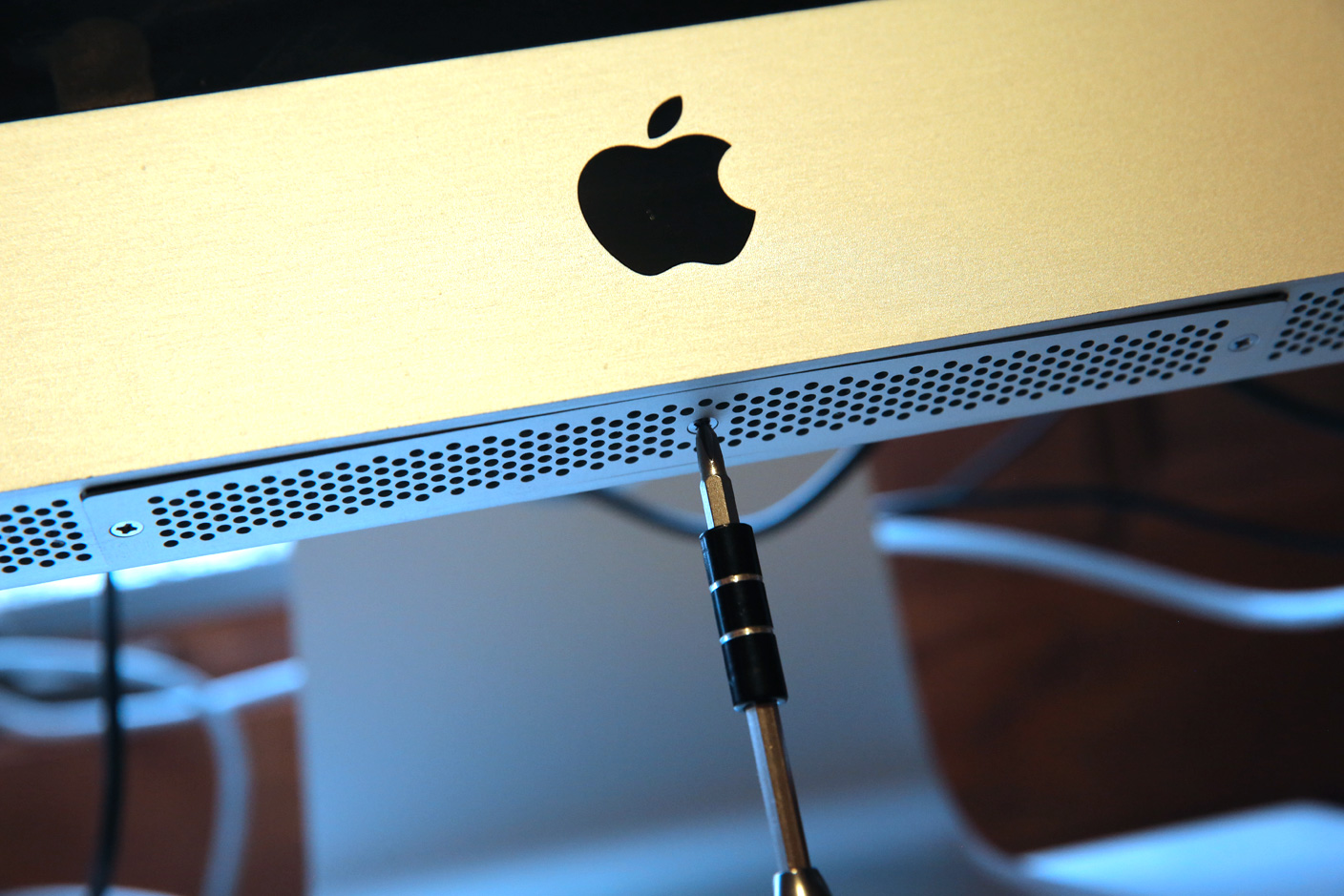

Keep in mind though that if you have to pay top dollar for the fastest RAM to get playable frame rates, you’re better off buying slower system memory and a discrete graphics card. Therefore, the best RAM for those kinds of systems is faster memory if mainstream gaming is important to you. Since the graphics engine that's baked into most best CPUs for Gaming doesn’t generally have its own dedicated memory (as discrete graphics cards do), turning up the clock rate of your system memory also generally increases performance (again the performance uplift varies greatly from game to game). Lastly, memory speed makes a big difference if you’re gaming with integrated graphics, whether it be an Intel or AMD processor (you can see how they stack up in our CPU Benchmark Hierarchy). But the number of extra frames you get with faster RAM will vary greatly from one title to another. In games, that means higher frame rates at mainstream resolutions like 1080p (1920 x 1080), as well as smoother performance at higher resolutions. Increased memory speeds on Ryzen-and Threadripper-based platforms often translate to real-world performance gains. The company’s "Infinity Fabric" (the internal bits that link various blocks of logic inside of Ryzen CPUs) is tied to the speed of the memory bus. For example, file compression programs, such as 7-Zip or WinRAR love fast memory.ĪMD’s Zen-powered processors, on the other hand, benefit a lot more from higher memory frequencies.

Some workloads will scale well with higher data rates, including some games and software. If you’re running an Intel system with one of the best graphics cards, the majority of programs won’t respond in a meaningful way to faster or slower system memory. The hard part is evaluating whether faster memory has a noticeable impact on your system when choosing the best RAM.


 0 kommentar(er)
0 kommentar(er)
